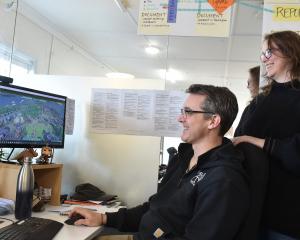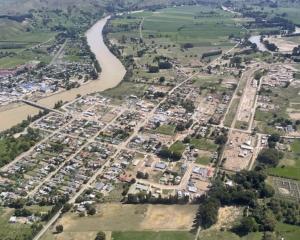The request was made at the launch of the rural lobby organisation's 2015 general election manifesto at Lincoln University yesterday.
If New Zealand was to have a world-class economy, it needed world-class investments to develop technologies, crops, feed and animals that would not only ensure the country remained globally competitive but embraced its future as a ''primary super power'', president William Rolleston said.
New Zealand had one of the lowest investments in research and development at around 1.2% of GDP, Dr Rolleston said.
Investment in science and innovation in agriculture increased productivity, increased New Zealand's opportunity to add value to its products, provided the tools to mitigate the environmental footprint and increased the efficacy of the country's biosecurity effort.
A ''significant'' part of the reason why agriculture earned 73% of New Zealand's merchandise export earnings in 2013 was down to science capability.
Implementation of government science effort should be strategic, co-ordinated and collaborative but with some competitive funding, he said.
While Federated Farmers did not believe the country was ''moving fast enough'', it acknowledged there was movement in the right direction and farmers were playing their part.
Initiatives such as the Primary Growth Partnership were encouraging industry investment in research and development.
Farmers already invested in science and innovation through their funding of organisations like DairyNZ, LIC, the Foundation for Arable Research, Beef and Lamb New Zealand, and the Meat Industry Association, while there was also a ''considerable'' amount of business research and development done by farmers behind the farm gate.
When it came to the environment, Federated Farmers acknowledged farming had an impact on the environment but it was ''also part of the solution''.
It was working closely with primary sector organisations to support the development and uptake of initiatives to improve the efficiency of resource use and to minimise run-off and leaching from farmland.
It supported more collaborative ways of working together at national, regional and catchment levels; and strongly advocated for investment in infrastructure and innovation to ''deliver win-win outcomes''It rejected resource taxes, such as a water tax, on farming.












